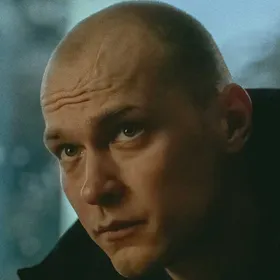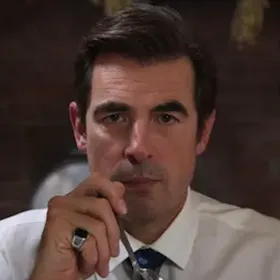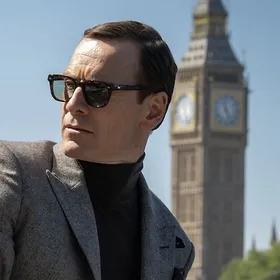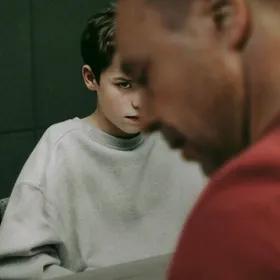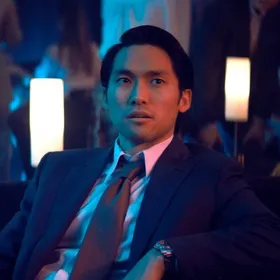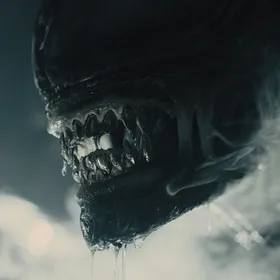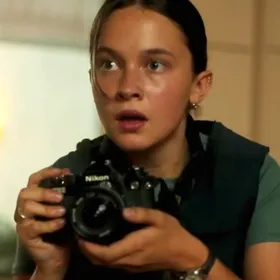I recently caught up with the second season of Pachinko. The show follows the lives of a Korean family living in Japan, spanning from the 1930’s, when the main character, Sunja, was a young woman, all the way to the 1980’s, when she is a grandmother, and her grandson Solomon becomes the protagonist.
One of the main challenges that the entire family encounters is the discrimination that they face as a minority group, and it’s a fascinating to see how little this problem improves despite the decades of progress that has shaped the world around them. Somehow, they survive and thrive, but they end up going through life with a chip on their shoulder. Solomon, especially, uses his profession as a high-flying finance guy to make Succession-style deals and enact revenge against perceived cultural insults. It’s as if he’s getting back at all Japanese people for how they’ve treated his family through the years.
Kudos to the cast, who perform in both Japanese and Korean (and sometimes English). Not easy languages to learn, I’m sure. Speaking of the cast, though, one flaw that I see with the production of the show is that they don’t seem to age enough. The same actress plays Sunja from 1930-something, all the way to 1950, and she looks pretty much the same throughout. By the end of the season, one of her sons is a young man, and the two of them look like they’re the same age, which does make some dramatic scenes less convincing.
I’ll shout out one sequence in particular, where one of the characters lives through the nuclear bombing in Nagasaki. The blast itself is depicted only as a bright light, but the scenes covering the days before the explosion build tension in a cool way, by showing the date in big lettering on the screen. To emphasize the point, there are also conspicuously visible calendars on the wall in the background. It was a very effective way of building suspense.
Like many Apple TV+ shows, it seems like they have spared no expense in recreating the look of multiple historical eras, and I hope that their coffers don’t run out before they can complete the story in subsequent seasons.

